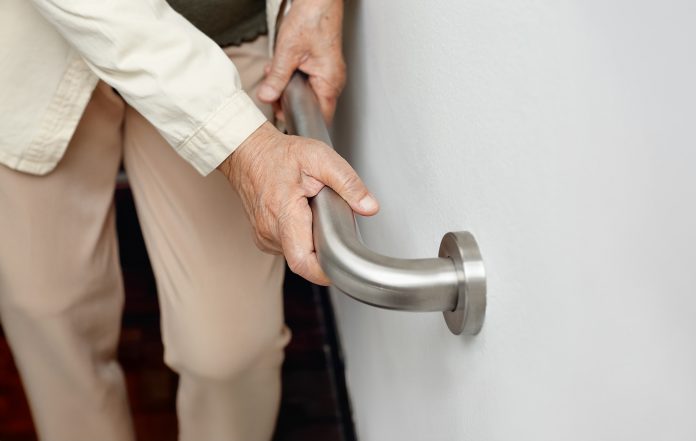Updated guidance from the National Institute for Health and Care Excellence (NICE) recommends personalised assessments and previous medical history to reduce fragility in support of older and at-risk individuals
In 2022/23, around 210,000 emergency hospital admissions in England were related to falls for people aged 65 and over. Around 146,700 of these admissions were people aged 80 and over. Falls are the most common cause of fragility fractures, and the consequences of fractures are significant, with between 18% and 33% dying one year after a hip fracture.
The total annual cost of fragility fractures in the UK has been estimated at £4.4 billion, which includes £1.1 billion for social care; hip fractures account for around £2 billion of this sum.
Recommendations to reduce fragility in older people and at-risk adults
Conditions that increase the risk of fragility include long-term health conditions such as arthritis, learning disabilities, dementia, or Parkinson’s disease.
NICE has recommended that checks be carried out by an occupational therapist or an appropriately trained healthcare professional, therapy assistant, or technician with supervision.
These assessments should check for things in the home or garden that might cause a fall, like uneven flooring or poor lighting, and could recommend installing handles, grab rails, or other equipment to reduce the fall risk. The person’s physical and cognitive capacity to get around safely would also be checked, and their previous medical history would be considered.
Enhancing access and support for falls prevention in older and at-risk adults
The updated guideline recommends offering a comprehensive falls assessment and management for people who have fallen in the past year and are living with frailty, were injured in a fall, experienced loss of consciousness related to the fall, have been unable to get up independently after a fall, or have had two or more falls.
The assessment can include physical examinations, checking a person’s balance and gait, and asking about possible dizziness. It also considers how each person’s risk factors can be resolved, improved, or managed to reduce their risk of falling. Following the fragility assessment, various interventions can be recommended, including a falls prevention exercise programme.
The guideline continues to recommend evidence-based fall prevention exercises in community settings. However, a notable update includes the recommendation to improve access to exercise for older and at-risk groups who do not need a comprehensive assessment. It recommends that people, including those in hospitals and residential care, be encouraged to remain active unless they have been advised not to.
“Falls present a significant, growing public health problem that can have devastating effects on older people and those at-risk due to medical conditions, often resulting in a loss of independence, chronic pain, and reduced quality of life.
This valuable and useable guideline has been updated to ensure people at most significant risk get help and support tailored to their individual needs so they can live full and active lives.
Fewer people suffering falls will result in a drop in hospital visits and the need for ongoing treatments, which will reduce pressure on the NHS,” commented Professor Jonathan Benger, chief medical officer and interim director of the Centre for Guidelines at NICE.
Dr Tom Downes, NHS national clinical director for older people, said: “Falls are the leading cause of hospital admissions in older people and can have serious consequences, including being a primary reason for losing their independence later on in life.”











